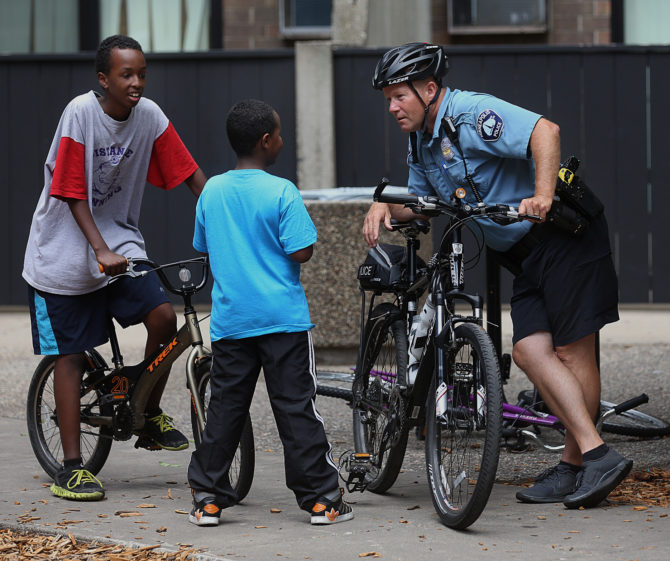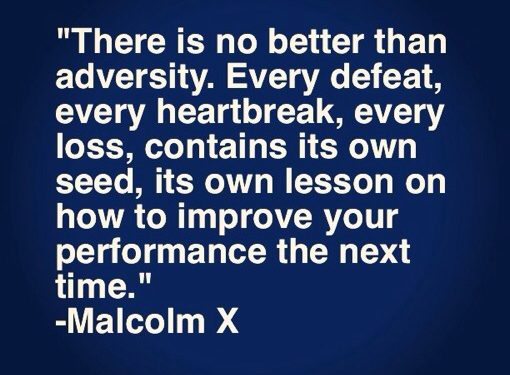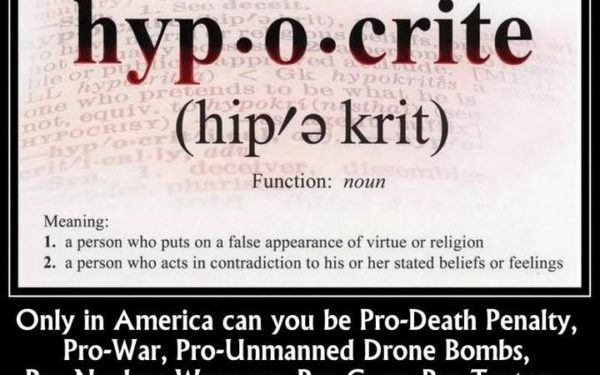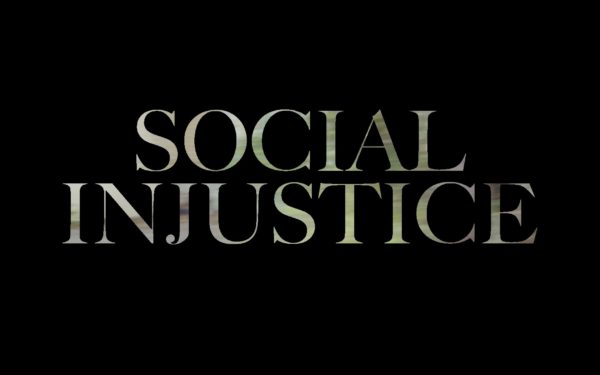By Richard Ray
Once upon a time in small communities like Brooklyn, NY, residents would walk down the street and see a neighborhood patrolman, we will call him officer McMurphy, rousing the local hooligans for missing school, loitering or just general perceived mischief. Now back then this wasn’t profiling, racial or otherwise, because McMurphy walked the beat regularly and in all ethnic neighborhoods. The natural familiarity bred an understanding and in many instances mutual respect. McMurphy generally knew who the usual suspects were and if it were someone new, it was not unheard of to have the community point out the culprits.
Now this fictional scenario indeed seems straight from the fairytales specially considering the present day untrusting if not antagonistic relationship that exists amongst law enforcement and civilians, particularly in more urban and populated areas. Yet, it was very real.
This is not to juxtapose any idyllic past relationship with law enforcement and our urban communities, cause that never existed. Prejudices and distrust ruled on both sides, especially when the makeup of the police department was nearly all Caucasian (Angelo) serving all Black and Brown communities.
Instead of an inane debate over the past effectiveness of community policing I would rather focus on why I believe that it is desperately needed in our communities today. First, Police departments in most cities (urban areas) are significantly more diverse than in the past. This is not to say that many cities are still not lacking in their departmental diversity efforts, but overall there are officers who look like and in many instances grew up in the type of neighborhoods that they could be asked to patrol.
I am not suggesting that only Black and Latin officers should patrol Black and Latin neighborhoods, but their presence should be dominant and prevalent. The people behind the badge should have a familiarity with such neighborhoods, devoid of the fear and prejudices that too often come with those unfamiliar or biased by the racial and cultural differences. Cops should be placed in neighborhoods that they can readily identify with and most importantly that the members of the community can identify.
Community policing is not simply about ethnicities policing their own it is about familiarity and building trust. Having officers be a part of the community. Removing the antagonism that exists within the community supplanting the “Them Versus Us,” and “Stop Snitching” mentality, with “If You See Something Say Something”.
This will not happen overnight. It will take a concerted effort by the officers involving a complete shift in the existent policy of treating everyone like a suspect until proven otherwise. I am not suggesting that the police stop arresting criminals, but the only way to truly protect and serve with professionalism is to earn the respect and not just the fear and contempt of those you are supposed to serve.
This will never be achieved for many. Some in these neighborhoods will always view the police with contempt and disdain. Those minds may never be changed, but I argue that they are in fact the minorities within these respective communities. The average person in these urban environments, is hard working, wanting more in life. Often times their socioeconomic conditions breed disadvantages, but the American Dream is still the goal. However, the search for prosperity takes a back seat to the need for being treated with respect.
The police have to take the first, second…fifteenth steps and more to implement and make community policing a success. The more familiarity, in which the officers know many of the constituents by name, will invariably lead to more trust by those constituents and civic leaders. That trust can then lead to more openness by the community in general to communicating with and even helping law enforcement. Help particularly needed in high crime areas where the distrust and animosity towards the police stifle investigations time and again.
This is not an immediate gratification project, but a long-term indoctrination of attitudes on both sides. Looking at the current state of turmoil, division and mistrust of the police in our urban settings I think it is a must that we try something different. Nothing will be a perfect solution, and police involved shootings will still exist. However, the hope is that the immediate distrust and call to arm against the police may be replaced by some benefit of the doubt to at least hear the facts first. The additional hope is that they will significantly diminish. If the officers are a greater part of the community, communication may lead to differences in perception, even in high crime areas that all our youth are criminals, to fear, to jail, to neutralize.
I am not saying it is not a difficult balance to navigate, but let the police strive to serve and protect, with professionalism, all members of the community. If that is done and respect is given, the community will eventually recognize and respond to the efforts. Try it! The community wants to be heard, recognized and respected… Something must be done differently!
If you enjoyed this article, please be sure to look at others in diaryofamadmind.com
#police, #blacklivesmatter, #communitypolicing, #policeshootings, #policeunions, #politics, #justice, #justiceforall



